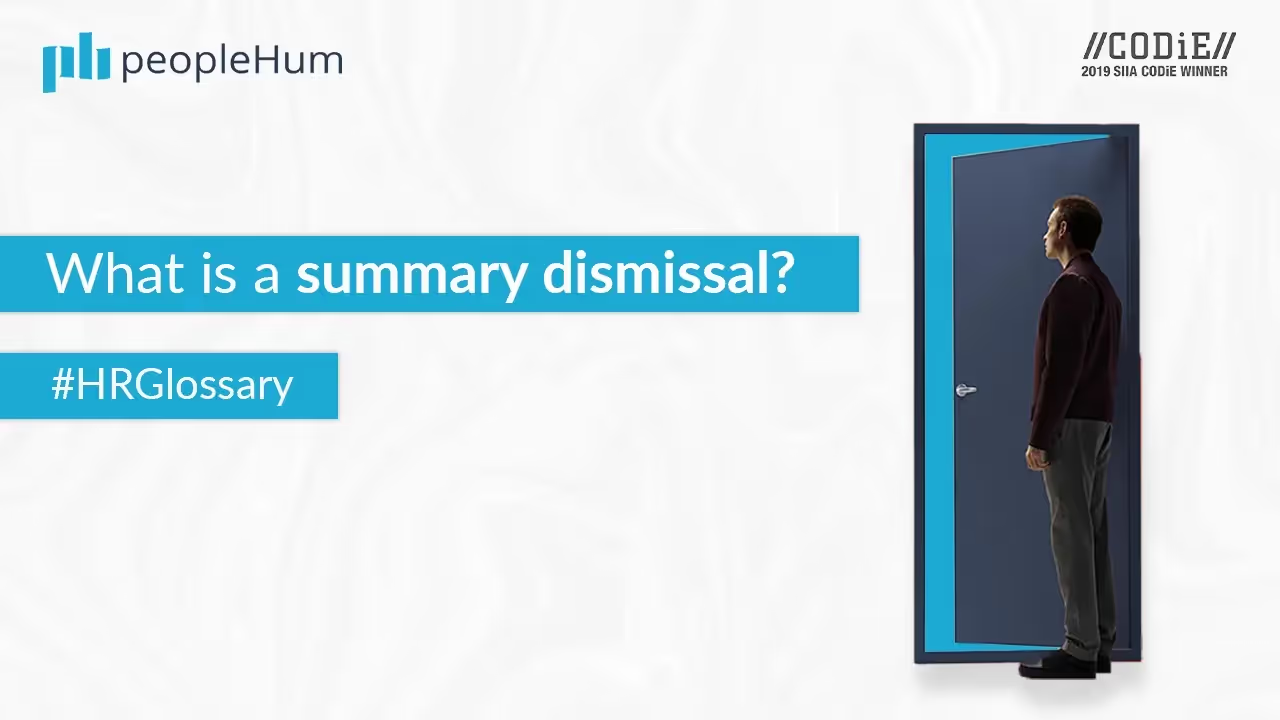
What is a summary dismissal of employment?
Summary dismissal occurs when an employer fires someone without warning or compensation in lieu of notice (PILON.) This is usually the result of egregious behaviour.
What are the different types of dismissal?
Reasons for dismissal could include redundancy, qualifications, capability, or behaviour.
Unfair dismissal: When a reasonable basis for dismissal is not provided, especially if the employee has received no prior warnings or disciplinary proceedings.
Constructive dismissal: If an employee was not officially dismissed but felt "pushed out" by their company, this is known as constructive dismissal. Being bullied or harassed, not being granted agreed-upon hours, or losing income are all examples.
Wrongful dismissal: Wrongful dismissal occurs when an employer violates the conditions of an employee's contract prior to dismissal.
Voluntary redundancy: When an employee volunteers to be laid off due to redundancy, this is known as voluntary redundancy. Employees will not have to wait to find out if they are being downsized as a result of this.

What is the summary dismissal procedure?
The following should be the framework of your dismissal procedure leading up to a dismissal:
- Make it clear that the employee will be suspended.
- Initiate an investigation into the claims.
- Inquire about the incident/behaviour with witnesses.
- Organize a disciplinary hearing for the employee.
- Keep the hearing open.
- Choose a result.
- Notify the employee of your decision, as well as their ability to appeal.
What is the difference between summary dismissal and dismissal?
The absence of notice periods is the primary distinction between a regular and a summary dismissal. Also, summary dismissal is only possible in the case of serious misconduct. In every other way, they're identical.
Regardless matter the circumstance, you must always follow a fair procedure.
What are the reasons for summary dismissal?
The most common reason for an employee's summary dismissal is for gross misconduct. When an employee performs an act, it undermines your relationship with them.
Here are some of the reasons:
- Damage to the company property.
- Theft or fraud.
- Establishment of a competitor business.
- Serious violation of health and safety laws.
- Discrimination against a co-worker.
- Another employee has been harassed.
Note: This isn't an exhaustive list.














































.avif)